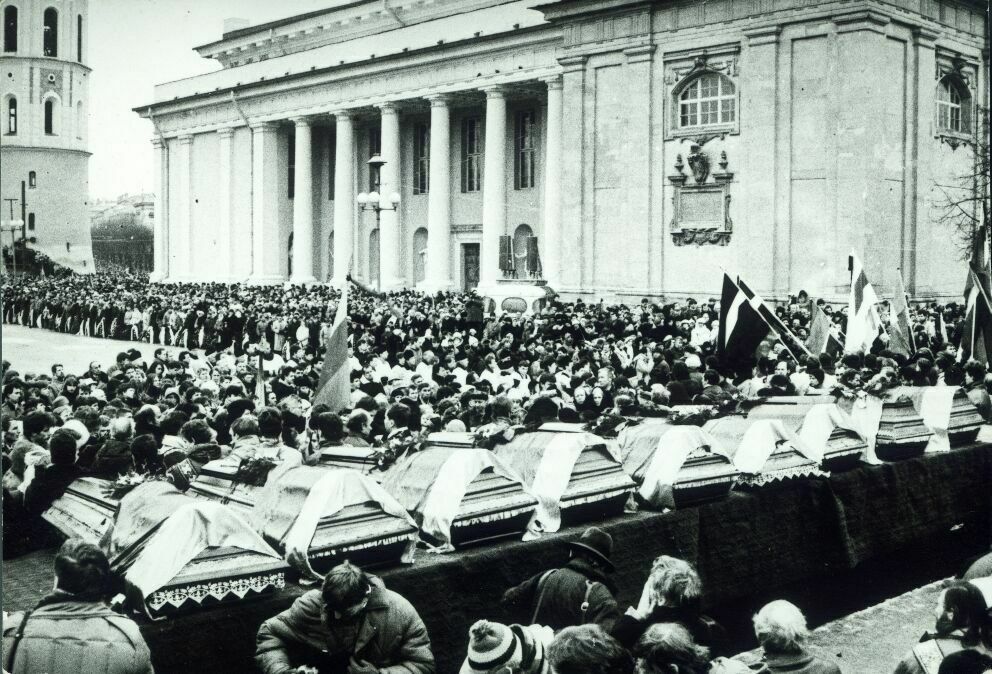To no one’s surprise, Moscow’s aggression against Ukraine has alienated Ukrainians politically from the former imperial center; but more important but less noticed, it is increasingly leading them to turn away from Russia culturally, a development with far-reaching consequences that it may be impossible to reverse.
In an essay for Radio Liberty, Elena Matusova says that researchers in a wide variety of areas have confirmed that “Ukraine is coming out from under the cultural influence of Russia” and thus is “becoming independent not only in a political and government sense but in a cultural one as well.”
The journalist rightly points out that Russia has been losing influence on the culture of Ukraine” since 1991 when Ukraine achieved its independence, but the process accelerated following the collapse of the pro-Moscow regime of Viktor Yanukovych and Moscow’s annexation of Crimea and its continuing war in the Donbas.
Viktor Mironenko, the director of the Center for Ukrainian Research at Moscow’ Institute of Europe agrees. He notes that “the reduction in the role of Russia has occurred at all levels: political, economic and cultural” and he explains this by pointing to the rise of “a new generation of Ukrainians who live in a different reality which is neither Soviet nor Russian.”
Moscow poetess Maria Galina notes that “in Ukraine, even poets who in the past wrote exclusively in Russian are today choosing to use the Ukrainian language” and that the war has led to a fundamental change in the Ukrainian book market with Russian language materials now occupying a significantly smaller place.
Moreover, she continues, “in Ukraine now is taking shape a new group of young authors” who are writing in Ukrainian and are much younger than their counterparts in Russia. They have “enormous influence” and this shift has reached the point where one can speak of it as being irreversible.
In her view, Galina says, “Russian culture will mean for Ukraine approximately as much as Polish culture does. That is, it will have a certain influence, there will be personal contacts, some books will appear but there will not be such a powerful turn toward Russia as there was before the Russian intervention.”
There is a downside to this, however, both Mironenko and Galina say. The reduction of Russian influence on Ukrainian culture will be paralleled by a reduction of Ukrainian influence on Russian culture. And Russian culture needs that influence now in particular because that country after the annexation of Crimea is undergoing a new period of “increasing political, economic and cultural isolation.”
Related:
- “Putin’s three greatest ‘achievements’ – unifying Ukraine, the US and the West” and other neglected Russian stories
- Moscow worried Russian ‘ceasing to be language of majority’ in Ukraine, Shchetkina says
- Belarus and Ukraine cooperate in the face of Russian pressure
- Ukrainian attitudes harden against Kremlin’s positions on Donbas
- Russian soldiers captured in Ukraine: an exchange pool for Ukrainian hostages | #LetMyPeopleGo
- The Russian war against Ukraine by the numbers
- European values and Ukraine
- Status of Russian language worries 1% of Ukrainians; war in Donbas – 71%





